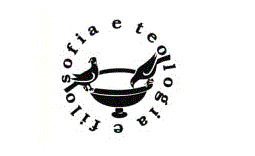


Mettendo Lutero, Feuerbach e Heidegger in mutuo dialogo, l'articolo insiste sulla dimensione pratico-mondana dell'essere umano-nel-mondo come fondamento primario di ogni esperienza religiosa. Divino è ciò che è in relazione sensibile-esperienziale con gli esseri umani in carne ed ossa. Su questa base, il contributo si propone, heideggerianamente, di ripensare i significati di negazione ed esperienza, in modo più ampio e ricco di quanto non faccia il consueto oggettivismo moderno. In questo senso, l'ateo non è semplicemente un negatore di Dio, ma colui che vive in virtù di un'esperienza mondana del possibile che non rimane ostaggio dell'evidenza della realtà attuale (Wirklichkeit).
Parole chiave: ateo, credente, Lutero, Feuerbach, Heidegger
Putting Luther, Feuerbach and Heidegger in mutual dialogue, the article insists on the practical-worldly dimension of human being-in-the-world as the primary ground of any religious experience. Divine is that which is in a sensible-experiential relationship with human beings in flesh and blood. On this basis, the contribution aims, Heideggerianly, to rethink the meanings of negation and experience, in a broader and richer way than the usual modern objectivism does. In this sense, the atheist is not simply a denier of God, but one who lives by virtue of a worldly experience of the possible that does not remain hostage to the evidence of actual reality (Wirklichkeit).
Keywords: atheist, believer, Luther, Feuerbach, Heidegger